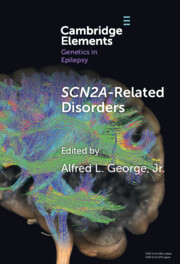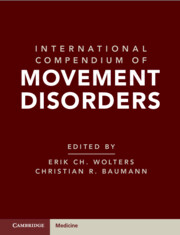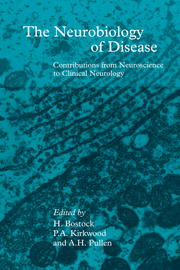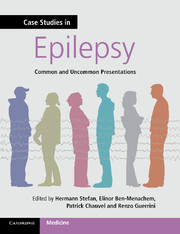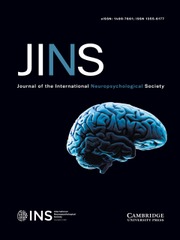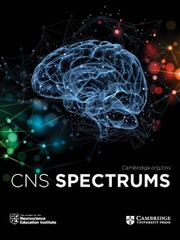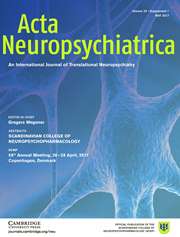SCN2A-Related Disorders
SCN2A encodes a voltage-gated sodium channel (designated NaV1.2) vital for generating neuronal action potentials. Pathogenic SCN2A variants are associated with a diverse array of neurodevelopmental disorders featuring neonatal or infantile onset epilepsy, developmental delay, autism, intellectual disability and movement disorders. SCN2A is a high confidence risk gene for autism spectrum disorder and a commonly discovered cause of neonatal onset epilepsy. This remarkable clinical heterogeneity is mirrored by extensive allelic heterogeneity and complex genotype-phenotype relationships partially explained by divergent functional consequences of pathogenic variants. Emerging therapeutic strategies targeted to specific patterns of NaV1.2 dysfunction offer hope to improving the lives of individuals affected by SCN2A-related disorders. This Element provides a review of the clinical features, genetic basis, pathophysiology, pharmacology and treatment of these genetic conditions authored by leading experts in the field and accompanied by perspectives shared by affected families. This title is also available as Open Access on Cambridge Core.
Product details
January 2025Hardback
9781009530330
96 pages
229 × 152 × 6 mm
0.277kg
Available
Table of Contents
- Introduction
- Patient, Family and Foundation Perspectives
- Clinical Spectrum and Genotype-Phenotype Correlations
- The Biology of SCN2A
- Treatment of SCN2A-Related Disorders
- Abbreviations
- Appendix
- References.

